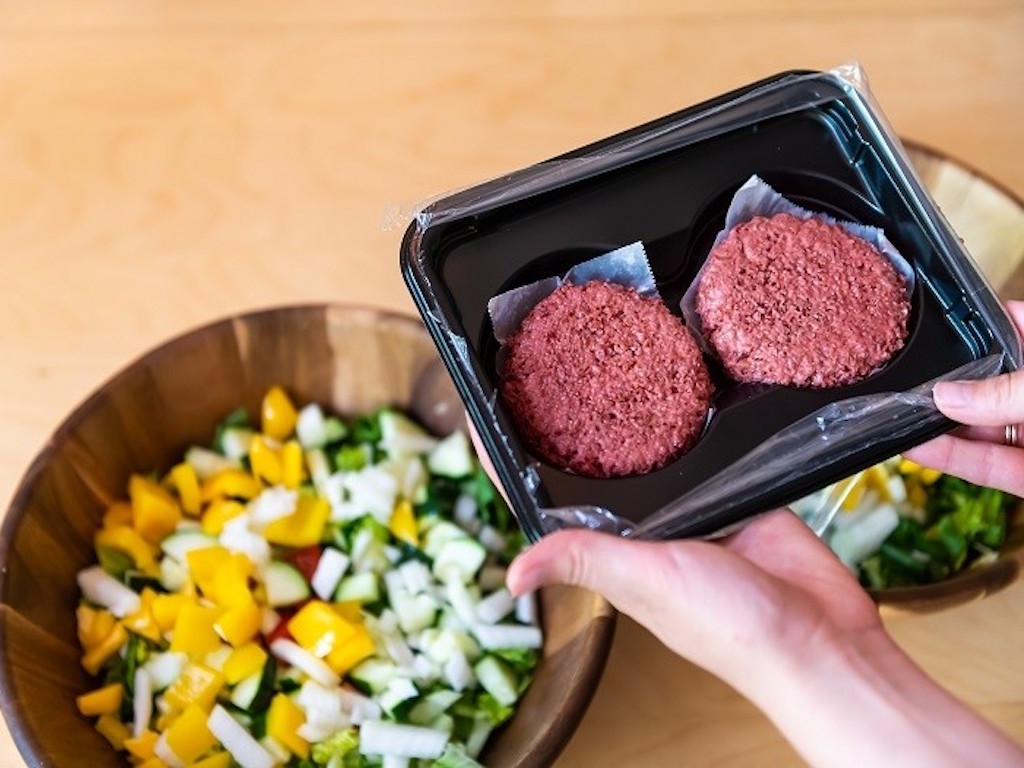3 Mins Read
From Beyond Meat’s smashing IPO to record-breaking funding for Impossible Foods and the plethora of new vegan alternative products rolling out on the market, there is no denying that the plant-based meat industry has experienced skyrocketing growth over the past year. However, the pushback by Big Meat & Big Dairy has been swift, with the industries lobbying heavily against the use of the term “meat” for plant-based products. Now, the Plant Based Food Association is releasing for the first time a plant-based meat labelling guide to create consistency and fight back against the efforts of the meat industry to clamp down on the plant-based sectors’ growth.
The Plant Based Food Association (PBFA) is a United States-based trade association representing 166 plant-based food companies, among them including Beyond Meat, Impossible Foods, Tofurky, Violife, Miyoko’s, Follow Your Heart and Daiya, has just released the first ever plant-based meat labelling standards. The goal of the voluntary standard is to promote consistent labelling across the vegan meat category, which grew in sales by over 10% within a year in grocery stores, and fight back against the policy battle on plant-based meat labelling lodged by the big meat industry in the United States. The plant-based meat labelling standard follows the new guidelines for plant-based milks released by the association last year.
Read: Impossible Vs. Beyond – What’s The Difference?
In certain US states, such as Missouri and Arkansas, plant-based meat products have found themselves in pitched battles against big meat funded lobbiers who have fought their use of the term “meat” or meat-related terms such as “sausage” as they do not contain animal ingredients.
Commenting on the new standard, PBFA’s executive director Michele Simon said it will help consumers who are “increasingly seeking out plant-based meat options” with “terms that consumers understand.”
The guidelines will allow references to the type of animal meat the plant-based product seeks to replicate, such as “chicken” or “sausage”, and the form of the product that the product substitutes, such as “nuggets” or “burgers”, as long as there is a clear and prominent indication that the item is plant-based. Manufacturers can therefore use a range of keywords, such as “plant-based”, “vegan”, “meat-free”, “meatless”, “vegetarian”, “veggie” or “made from plants” to better signal to consumers that the product is not made from animal or animal-derived ingredients. The PBFA recommends that these standards are adopted within a year.
Read: American Plant-Based Food Tech Giants Look To Conquer China
While large meat corporations and cattlemen’s associations will continue to fight against the growth of the plant-based meat sector through pushing labelling restrictions on non-animal products, the meat alternative industry isn’t showing any signs of slowdown. Behind this is the increasing appetite for plant-based food, due to consumer awareness about the health and environmental benefits of cutting meat and dairy intake, as well as the rapid innovation in the food tech space. According to global consultancy AT Kearney, the combination of both consumer demand and innovation will drive major change by 2040, where over 60% of meat consumption by then will come from either plants or labs.
In addition, even key players in the traditional meat sector are now investing in plant-based products such as manufacturing giants such as Nestlé and Hormel Foods who are now developing their own plant-based meat analogues to keep up.
Lead image courtesy of Getty Images / Ablokhin.




